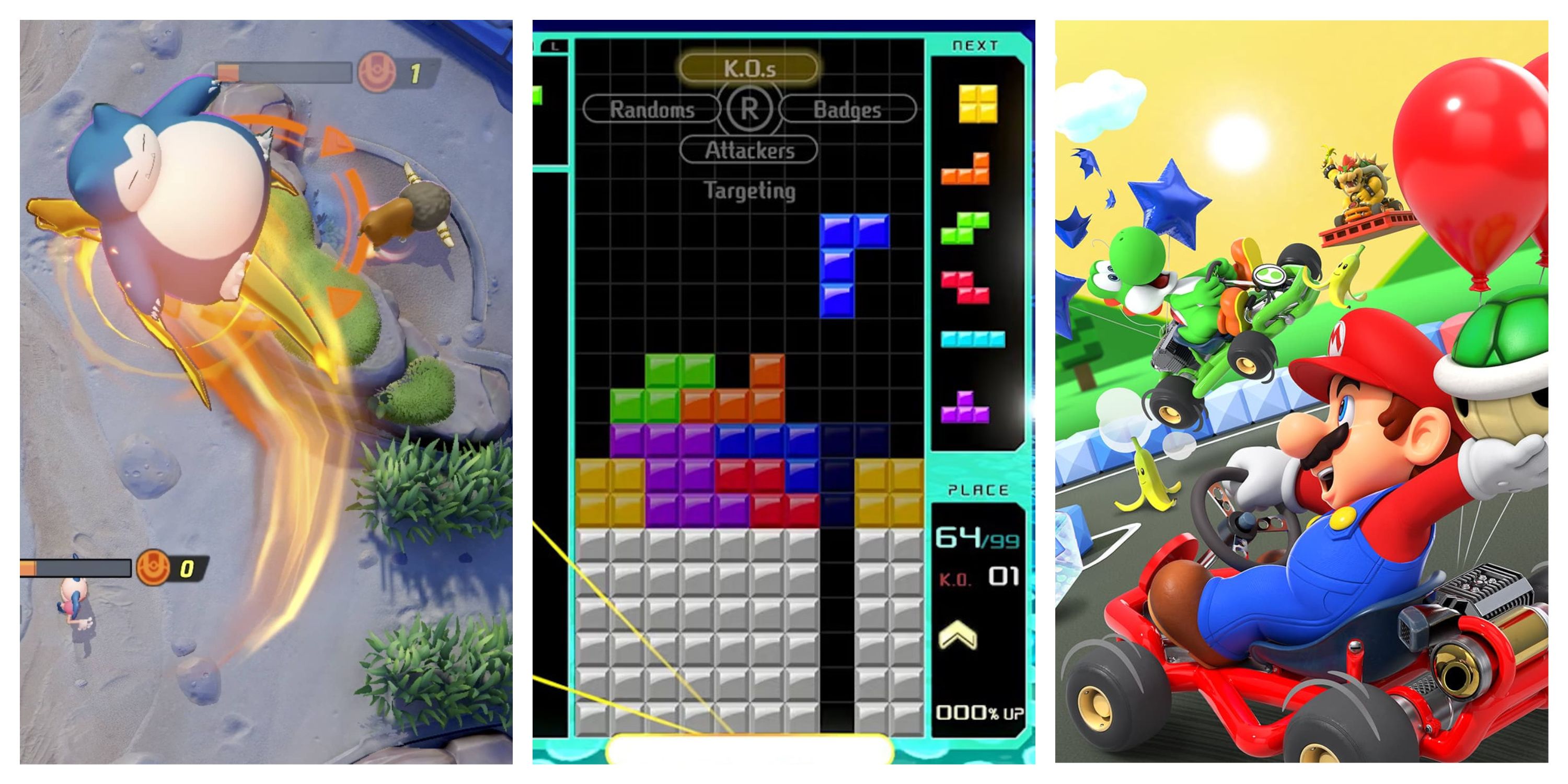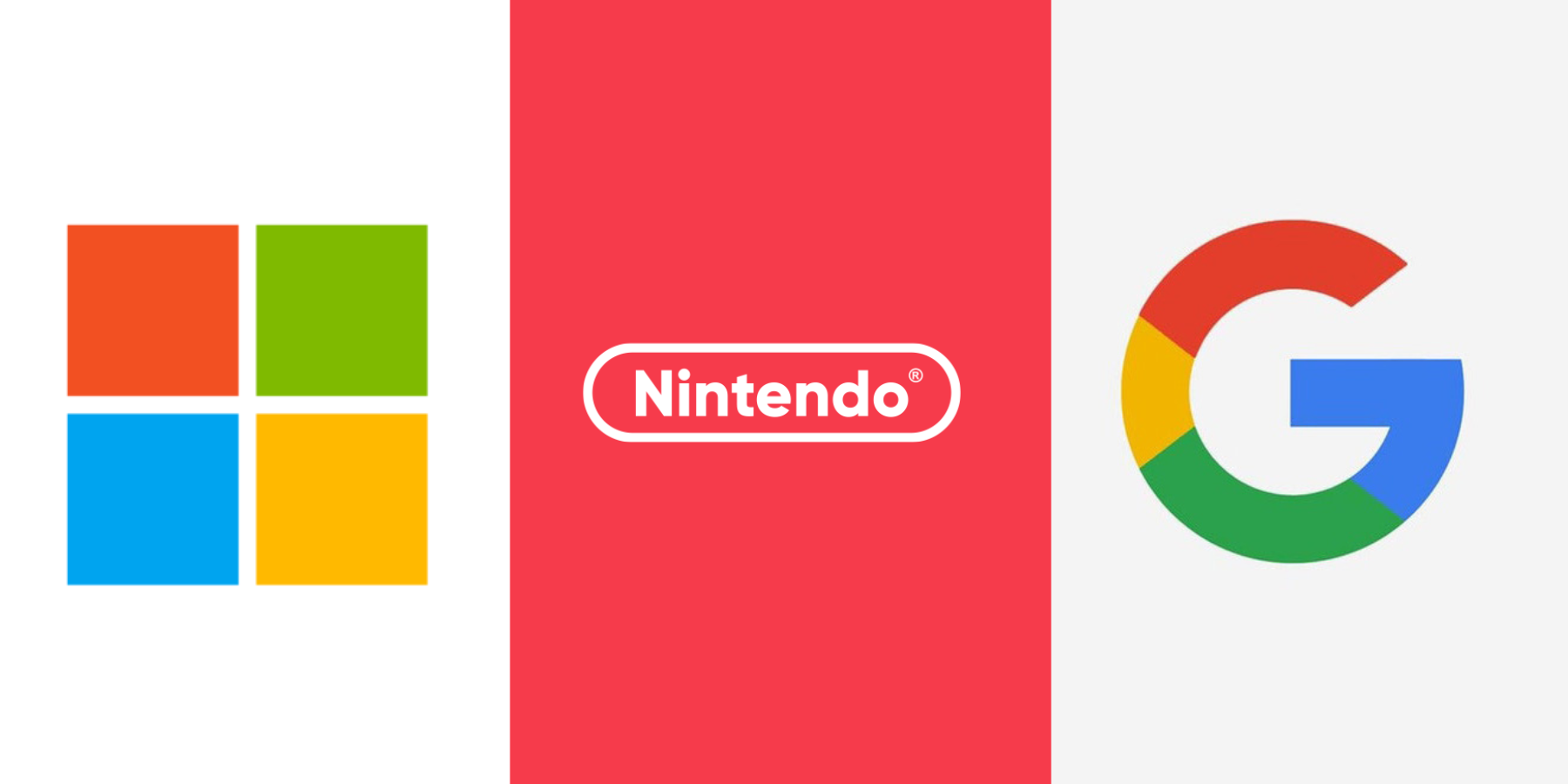Highlights
- A mother from Arkansas has filed a lawsuit against major gaming companies, alleging that they intentionally design games to be addictive to minors, leading to mental and physical health problems.
- The lawsuit claims that these tech companies use artificial intelligence to analyze players' behaviors and track their engagement, which then leads to enticing offers and in-game purchases that foster addictive behavior in young gamers.
- This case raises questions about the responsibility of tech giants in the gaming industry and emphasizes the importance of parents monitoring and limiting their children's video game usage. It remains to be seen whether the allegations made will be confirmed.
An Arkansas mother is taking a bold legal step against tech giants such as Microsoft, Nintendo, and Google in a lawsuit addressing the issue of game addiction. She recently filed the lawsuit on behalf of her son and concerned parents regarding their children's behavior influenced by addictive video games.
Addiction and video games have been well-known topics since the inception of the video game industry. As worries about its impact on children's well-being continue to grow, the gaming industry has come under increased scrutiny. Parents care about their children's health, and video games seem to be a frequent target of various accusations regarding addictive disorders in kids. The European Parliament vowed to take on loot boxes, and various other countries in the past have adopted measures to try to protect children against alleged digital harms.
As reported by KATV, the lawsuit was filed on November 3, and it alleges that major gaming companies have intentionally designed games to be addictive to minors, using artificial intelligence to analyze players' behaviors and track their engagement. These tech companies are accused of implementing AI systems that monitor players' actions, delving beyond basic personal information to understand how they react when they lose, persist in playing, or seek to enhance their in-game experience. The suit contends that this level of engagement tracking leads to enticing offers and in-game purchases, fostering addictive behavior among young gamers.
The lawsuit's allegations extend beyond game design, suggesting that these addictive practices have contributed to a concerning uptick in mental and physical health problems as well as educational challenges for children. Parents find themselves grappling with previously unexplained outbursts and behavioral problems they may not realize are connected to gaming addiction. "Parents aren't trained on the symptoms of addiction so a lot of them didn't realize this is what was going on," Tina Bullock, CEO and Partner of law firm Bullock Ward Mason, said.
The lawsuit's objectives are ambitious, aiming for both monetary compensation for damages incurred and the implementation of systems that can help monitor and limit video game usage by minors. The case raises essential questions about the responsibility of tech giants in the gaming industry and the role of parents in overseeing their children's gaming habits.
And they start tracking your child to the point that they know when to offer you another pack or skin to help you level up and stay, it's all about staying engaged in the game and that's what becomes addictive. - Tina Bullock, Bullock Ward Mason.
As with previous instances of popular entertainment being blamed for societal issues, this lawsuit reflects the ongoing debate about the influence of video games on young minds. It underscores the importance of parents taking an active role in guiding their children's gaming habits and also calls on the gaming industry to consider its responsibility. It remains to be seen how the demand will evolve and whether the veracity of the facts reported by this concerned mother from Arkansas will be confirmed.





